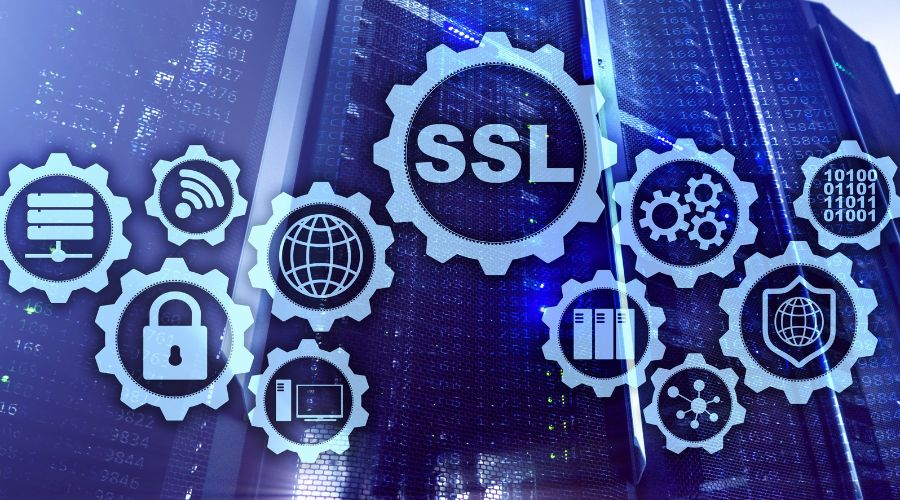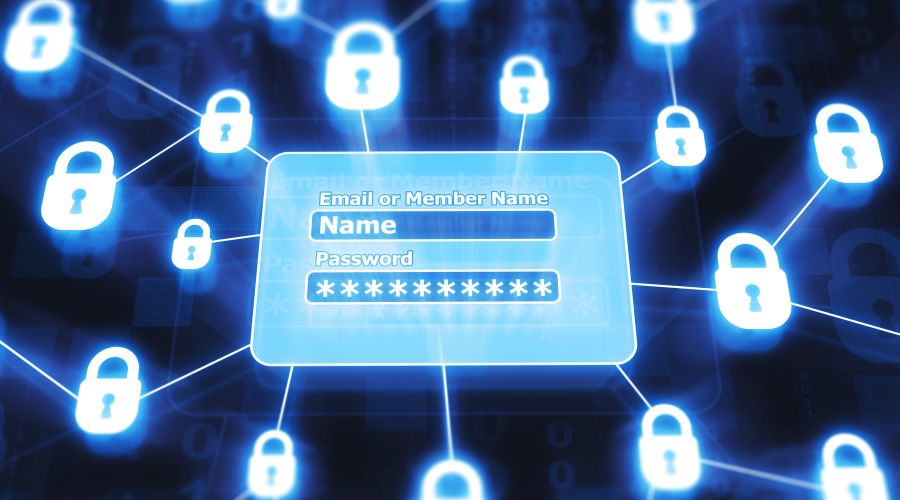Is your website secure enough? Safety of your information is quite imperative in today’s digital world, both for you and your visitors. Website hosting that has secured features is needed, whether it is a blog or a business website. Websites can get hacked within a couple of seconds if the security of your web hosting is weak. Here is what you should look for in your web hosting to keep your site safe.
Here are some of the major security features to consider:
1. SSL (Secure Sockets Layer) Certificates

The SSL certificate is one of the major security features in your website. SSL stands for Secure Sockets Layer, which encrypts the information you use between your site and visitors to secure it from hackers. In other words, SSL ensures that critical information such as passwords or payment details is kept secure. SSL is relevant to all sites today, and search engines give preference to those websites that have an SSL certificate.
2. Multi-Factor Authentication

Multi-factor authentication (MFA) gives your website extra security. Besides using a password, users need to enter a code sent to their phone or email. This makes it harder for hackers, even if they get the password.
3. Automatic Backups

Automatic backups are an important security feature for your website. These will be able to be restored to your website if your site gets hacked or has any problems. Many hosting services will provide daily or weekly backups and act like a safety net, protecting all your website data.
4. Firewalls and DDoS Protection

A firewall protects your website by blocking harmful traffic, while DDoS protection keeps your website from being overwhelmed by large attacks. Both factors help keep your site working smoothly without interruptions.
5. SFTP (Secure File Transfer Protocol)

Once you upload files to your website, it’s important to use security methods. SFTP will transfer your files while keeping them safe from threats while moving between your computer and the server of your website.
Conclusion:
A secured website forms one of the main preferences when choosing a web hosting provider. This is because your hosting service provider will be offering an SSL certificate, multi-factor authentication, automatic backups, firewall protection, and SFTP to keep your site and your visitors safe. All these features will ensure you have a secure setting that protects not only your website but also builds up the confidence of the audience to view your website. For more tech updates, visit www.thepennywize.com
FAQs:
Q1. What is SSL, and why do you need it?
An SSL certificate encrypts the information between your website and its visitors—so that no hacker can steal something like passwords or payment details. It is thus paramount for any site’s sensitive information protection.
Q2: How often should I backup my website?
Also, take note that you should back up your website daily or weekly depending on how often you update your website. Backing up frequently will enable your data to be safe and retrieved at no time if something goes wrong.
Q3: Is multi-factor authentication really necessary?
Of course, MFA is really significant because it’s an additional step in security. It isn’t just the password, but also another code of verification that must be presented on the basis of which a user might log in to the website, and this makes it much harder for hackers to break into your website.



